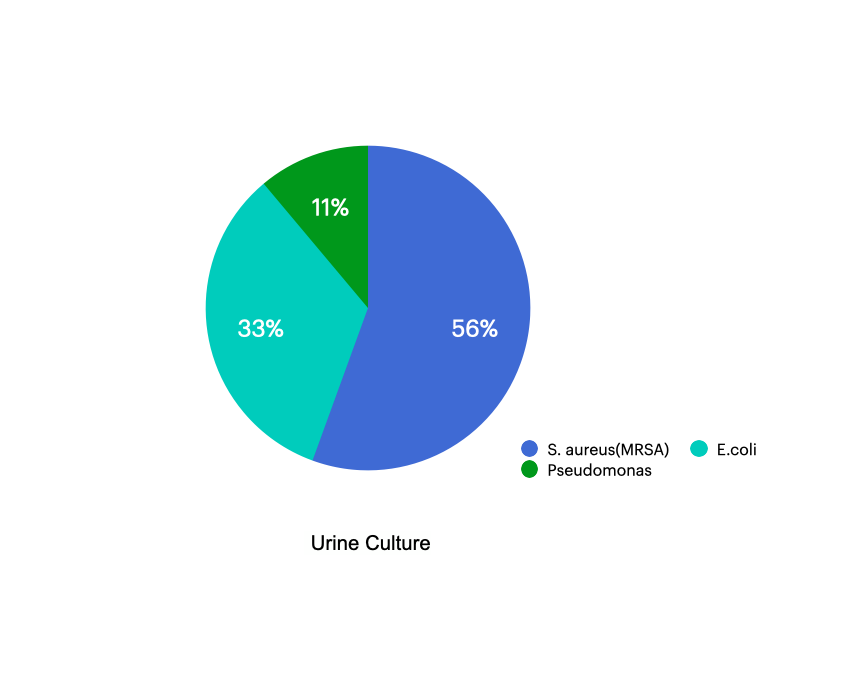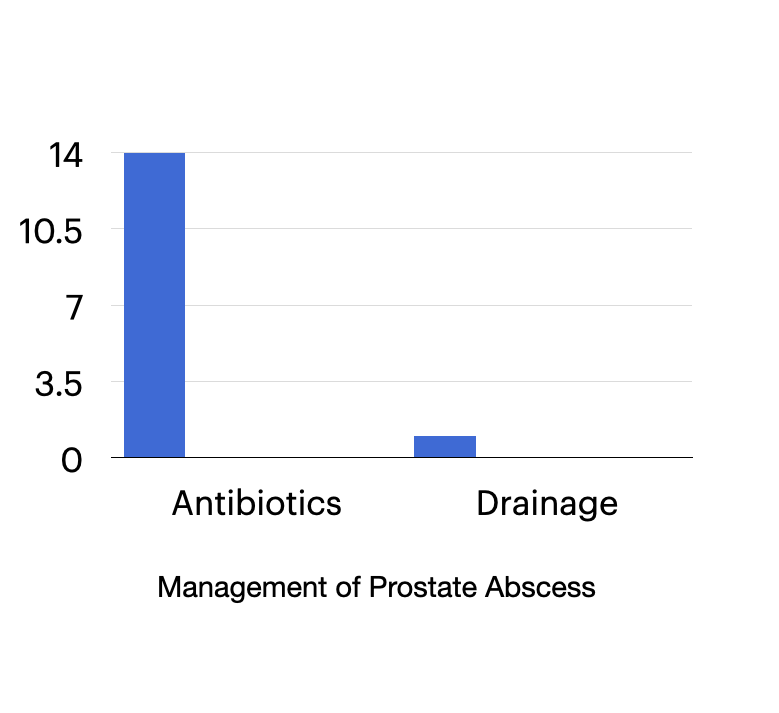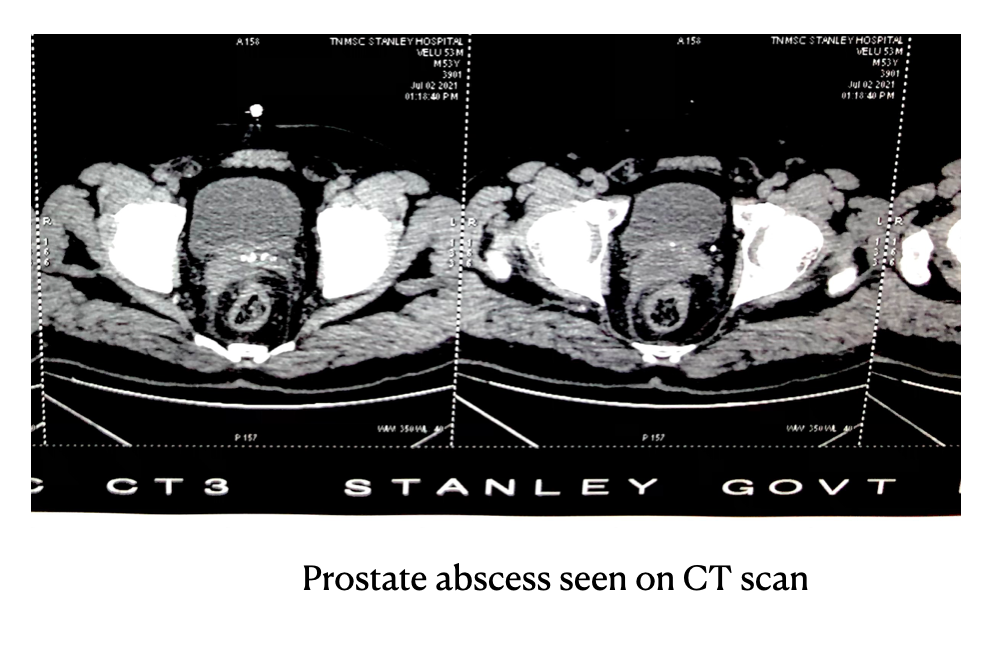Back
Poster, Podium & Video Sessions
Moderated Poster
MP37: Infections/Inflammation/Cystic Disease of the Genitourinary Tract: Prostate & Genitalia
MP37-04: Prostate Abscess: Clinical Features, Management, and Outcomes of a “Masked” Infection in COVID 19 period : A Case Series
Sunday, May 15, 2022
7:00 AM – 8:15 AM
Location: Room 225
Harmanmeet Singh*, JVS Prakash, PV Thiruvarul, Vetrichandar S, Arasi KV, Natarajan V, ArunKumar Paranjothi, Chennai, India
.jpg)
Harmanmeet Singh, MD
Stanley Medical College
Poster Presenter(s)
Introduction: Prostate abscess (PA) is uncommon and the diagnosis is often delayed or missed.Traditionally, PA has resulted from acute prostatitis or ascending genitourinary (GU) infection due to gram-negative bacilli but S. aureus is an emerging cause.The objective is to study the clinical features, management and outcomes of PA in COVID 19 period.
Methods: A prospective review of all adult patients admitted with a diagnosis of PA between April 2020 and July 2021( in COVID period) were conducted. Inclusion criteria included age =18 years, a GU infection syndrome, and imaging consistent with PA.
Results: Fifteen patients with PA were identified. The median age was 54 years. Four patients (22.7%) were immunosuppressed and 11 (50%) had diabetes. Fever (66.6%), dysuria (60%), and urinary retention (20%) were the most common presenting symptoms. Pelvic CT revealed PAs in all patients with 8/15 (53.3%) were >2 cm in greatest diameter. Urine cultures were positive in 13/15 (86.6%) patients with 4/13 (30.7%) growing S. aureus (MRSA). Fourteen patients (93.3%) were managed with antibiotics alone whereas 1 (6.6%) underwent abscess drainage. The median duration of antibiotic therapy was 32 days.
Conclusions: PA is relatively uncommon and may be difficult to distinguish clinically from conditions like acute prostatitis. Optimal management usually requires both antibiotics and drainage. With the advancement in the field of radiology, newer antibiotics and early diagnosis , effective conservative management of PA has become possible. Noticing the trend of frequent occurrence of S. aureus as a cause, coverage for MRSA should be a component of empiric treatment for PA.
Source of Funding: None



Methods: A prospective review of all adult patients admitted with a diagnosis of PA between April 2020 and July 2021( in COVID period) were conducted. Inclusion criteria included age =18 years, a GU infection syndrome, and imaging consistent with PA.
Results: Fifteen patients with PA were identified. The median age was 54 years. Four patients (22.7%) were immunosuppressed and 11 (50%) had diabetes. Fever (66.6%), dysuria (60%), and urinary retention (20%) were the most common presenting symptoms. Pelvic CT revealed PAs in all patients with 8/15 (53.3%) were >2 cm in greatest diameter. Urine cultures were positive in 13/15 (86.6%) patients with 4/13 (30.7%) growing S. aureus (MRSA). Fourteen patients (93.3%) were managed with antibiotics alone whereas 1 (6.6%) underwent abscess drainage. The median duration of antibiotic therapy was 32 days.
Conclusions: PA is relatively uncommon and may be difficult to distinguish clinically from conditions like acute prostatitis. Optimal management usually requires both antibiotics and drainage. With the advancement in the field of radiology, newer antibiotics and early diagnosis , effective conservative management of PA has become possible. Noticing the trend of frequent occurrence of S. aureus as a cause, coverage for MRSA should be a component of empiric treatment for PA.
Source of Funding: None




.jpg)
.jpg)